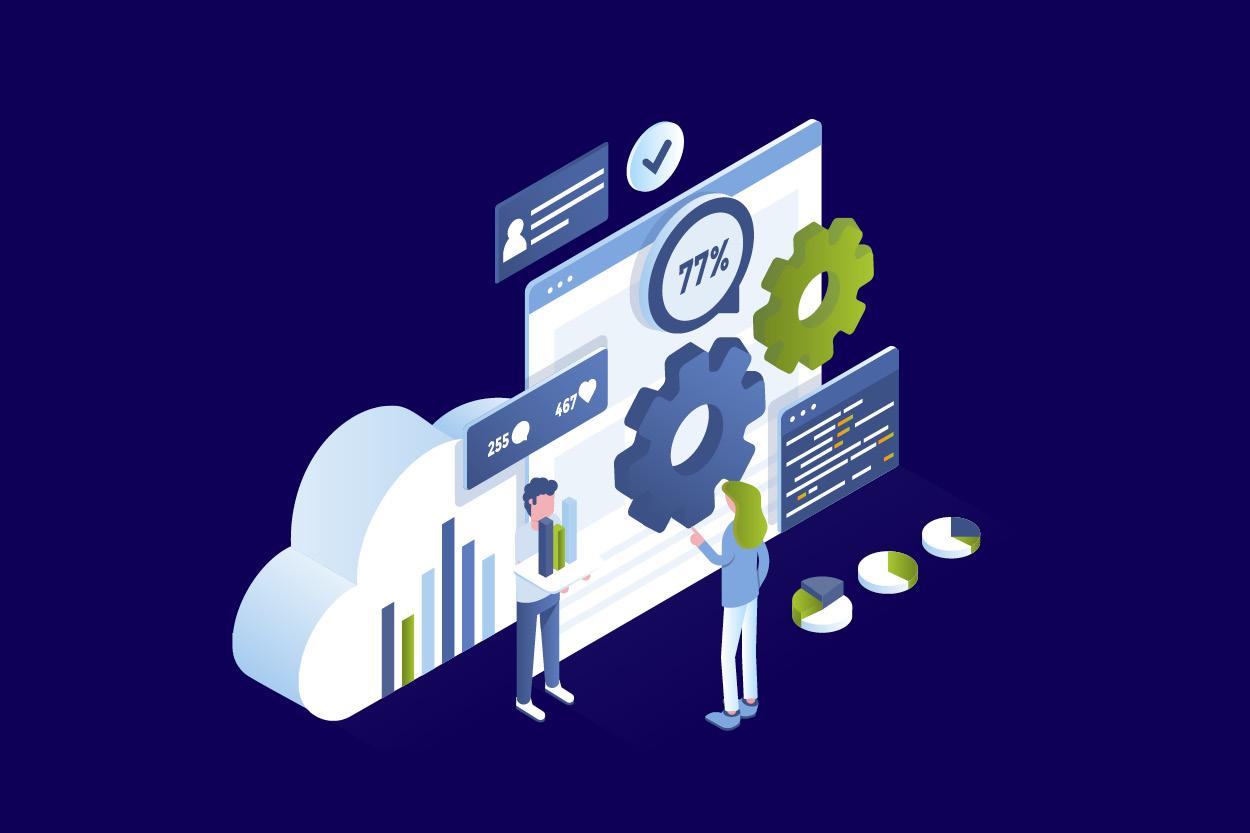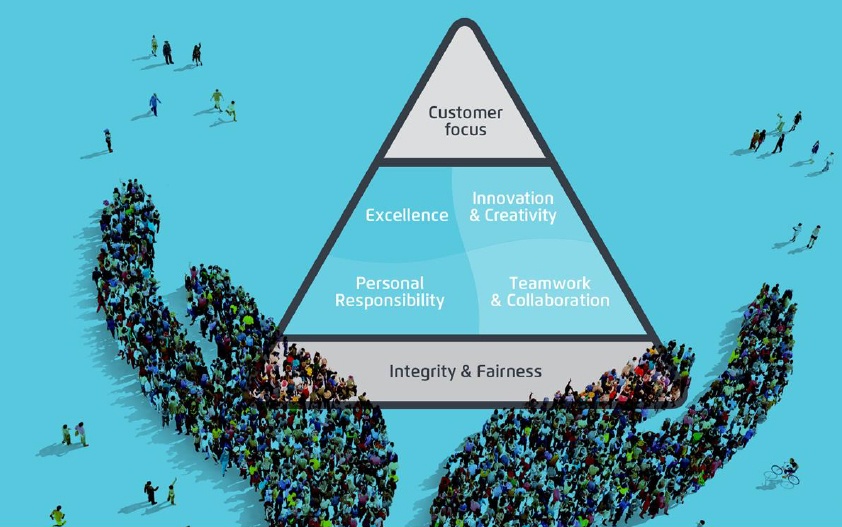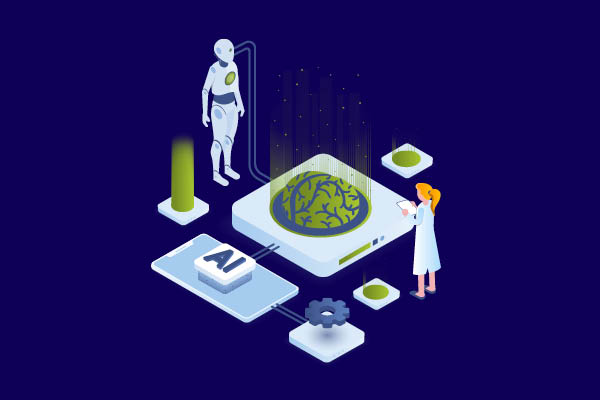59 min
You’re probably familiar with Universal Analytics, the Google Analytics (GA) tool that has been around for more than a decade, providing website owners and publishers with insights into their website’s performance. But in July 2023, it’s being replaced by GA4. Are you ready for the switch?
Don’t say you didn’t see it coming
In October 2020, Google announced that it would discontinue Universal Analytics and shift to Google Analytics 4 (GA4). But don’t worry, we’ve got you covered with our step-by-step guide on how to switch from Universal Analytics to GA4, discuss the differences between these two versions of GA, and highlight some of the benefits of GA4.

The clock is ticking
From July 2023, the free version of GA will no longer gather data. That means if you want to continue using Google Analytics, you must switch to GA4.
Take note, you will be able to access your previously processed data in your Universal Analytics property for at least six months. However, you won’t be able to view your Universal Analytics reports or interact with your analytics data via the API.
This change will affect all website owners who rely on their Google Analytics account as their main data source for audience demographics, behavior, and areas of interest.
What’s the difference between Google Analytics and GA4?
If you want to know how your users are interacting with your website or app, you need effective event tracking which allows you to track specific user interactions – such as button clicks, video plays, and form submissions.
In the past, you needed to set it up manually, adding code snippets to your website or app to track specific events, which was challenging to manage. The good news is that G4 has already set it up for you and you can configure event tracking without coding.
While the focus used to be on calculating site sessions and monitoring audiences, it’s now moved to what audiences are actually doing on your site. GA4 offers parameters, enhanced measurement, and in-platform event creation (replacing action, category, and label). When setting up the data stream, you can turn on enhanced measurement to automatically collect page views, downloads, outbound clicks, video engagement, and scrolls.
Conditions and parameters (which provide context on the user or user actions) cover events that don’t fall under enhanced measurement. Take note that you can mark events as conversions which eliminate the need for goal setup.
There are four types of events covered in GA4:
-
Automatically collected events
GA4 automatically collects pageviews, scrolls, and outbound clicks without the need for additional coding.

-
Enhanced measurement events
Here’s where things get a bit more complex. These events usually track interactions such as page views, file downloads, form interactions, scrolls, outbound clicks, site search, and video engagement that can’t be easily by standard events and require extra coding before GA4 can collect these events and provide reports.
Custom events
These are events you define yourself and go beyond the first two categories. This enables you to get very specific data on how users interact with your site, such as how many times they click a button or view a certain page — enabling you to improve their experience.
-
Recommended events
Behind the scenes, GA4 gathers data on your site activity and makes recommendations on events you may want to consider tracking, such as frequent outbound link clicks.

-
New G44 features
- Link to Google Merchant Center, Google Optimize, and BigQuery natively and for free
- Create custom reports in GA4 and add those reports right to your navigation
- Custom dashboards combining two tools in one —taking the data from UA and Data Studio
Switching to GA4 allows you to take advantage of all the new advanced features and get the most out of your data. There isn’t much time left to make the move, so if you haven’t already started, it’s time to make the switch now.
Ready to make the switch? Our SEO team will walk you through it.












































